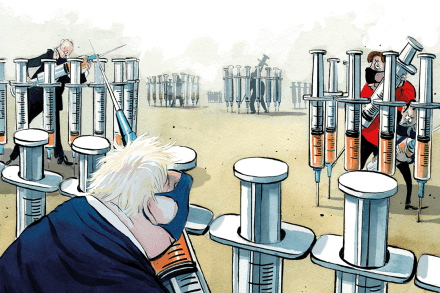Labour ramps up its cladding campaign
The Fire Safety Bill comes back to the Commons this afternoon for MPs to consider the changes made by peers — and there’s an amendment in there that Labour hopes is going to cause a bit of a fuss. It’s the reiteration of what’s become known as the ‘McPartland-Smith amendment’ after the two Conservative MPs — Stephen McPartland and Royston Smith — who originally made the demand. The amendment bans leaseholders from being made liable for the costs of remediation work, such as removing flammable cladding from their homes. Raising the cladding issue is something Labour plans to do repeatedly in certain areas as the May poll approaches This amendment was




















